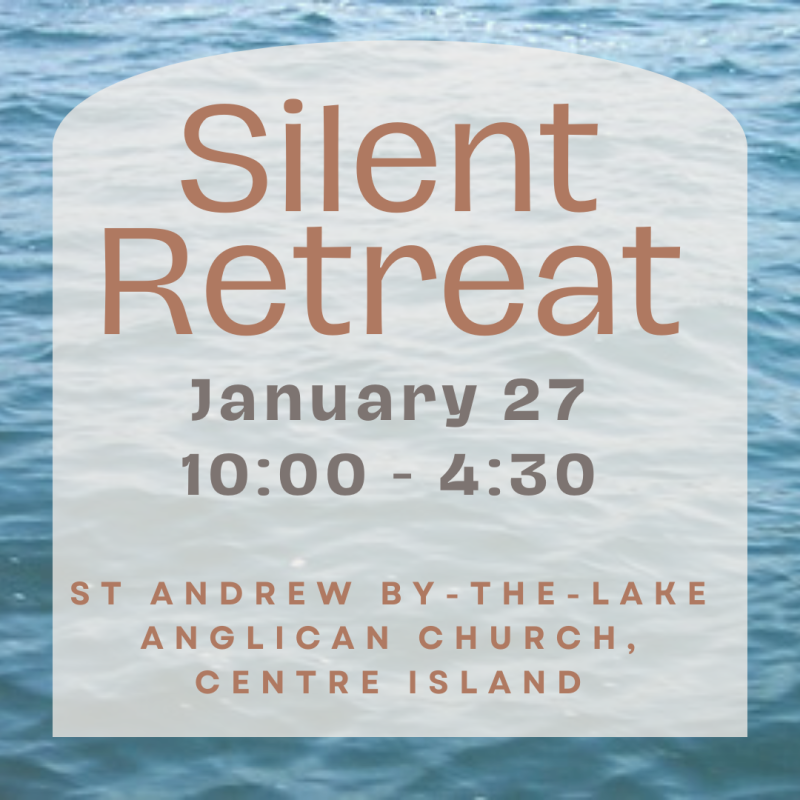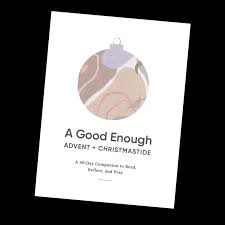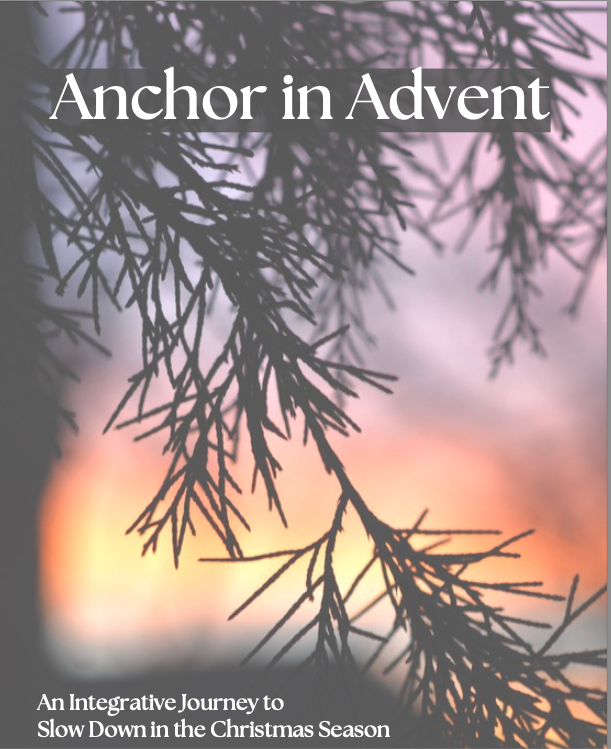Deb has taken on a new job with the Anglican Diocese and has thus left the campus ministry staff team. We are sad to see her go, but we are also hopeful about how the Spirit will use her gifts to bless the church in new ways.
The following is a letter from Deb with more about her endings and new beginnings. Following that are some words of thanks from Peter, who is a long-time participant in the Wine Before Breakfast community and a member of the campus ministry supervising committee. We invite you also to pray the blessing he shares at the end. – Brenda Kronemeijer-Heyink
Hello friends, near and far, new and old…
Some of you have heard the news, but to make it official, I am taking over Brenda’s usual communication to our vast community to let you know that my time with the CRC Campus ministry team is coming to a close. I’ve accepted a position with the Anglican Diocese of Toronto as a consultant on a team focused on congregational development, working with the numerous parishes in Toronto’s massive diocese. While I know I have so much to learn, I am feeling quite confident about what I can contribute to this work, which begins on November 1st.
It really does feel like the end of an era as I shift gears and prepare to leave campus ministry. I found Wine Before Breakfast at a different time of transition in my life: my faith in and curiosity about Jesus, the Bible and Christian community had me feeling a bit at odds with the church I’d grown up in. I was in pursuit of a career as a singer-songwriter and trying to save up enough money to go back to school and get that degree in Canadian literature I’d started once-upon-a-time. Gradually my attendance at church faltered, but not because my faith was diminishing -it just had me yearning for something different. That yearning was satisfied when I arrived at Wine Before Breakfast for the first time in September of 2009. Not only did I find a faith community that was going to hold my questions, my doubts and my laments, I found a community that knew exactly what to do with a singing, song-writing young lady who catalogued pivotal moments of her life in playlists (we called them mixed CDs back then) and wanted to belt out anthems written by the lyrical prophets of our time, their words resonating with those of the prophets all through the scriptures. I attended Wine Before Breakfast only once before joining the band up front, and I stayed there for the next 14 years.
I never did get around to finishing my degree, but I did become a regular fixture on campus, and I definitely got an education. I don’t know where to begin describing the impact this campus ministry community has had on me, but I can tell you it has shaped me deeply as a person, and a minister, of faith. It has offered me countless opportunities to work and worship in an interdenominational capacity; to push at the boundaries of what a church service can look like; to make more room for people who want to radically examine and practice Christian faith; and to understand that weirdos like me can and should belong. In fact, it’s my participation in ministries like Wine Before Breakfast that have prepared me so well for the new ministry that I am moving onto. And while Wine Before Breakfast has wound down, in the capacity that many of us has known it to be, I will never think of it as anything but a successful ministry. I know I will tell its story over and over again as a testament to the way God can work in unconventional ways, and through unconventional people.
This has been an extended season of change for the ministry, that has included both joy and sadness, and is a large part of my own season of change. But I want all of you to know how grateful I am for this ministry and for your part in it -whether as an attending student, service participant, a donor, a staff member or committee member. This has been an impactful and ground-breaking community over it’s 20+ years, thanks in no small part to the contributions of all its members. Even though Wine Before Breakfast is no longer a weekly service, it remains a community of people whose faith is both peculiar and profound as a result of all God has done, and will continue to do, in us.
So thank you, my friends. I covet your prayers in this next stage of my life, and hope you know you can count on mine. May you remember that we are bound by the love of God, after which we have honed our love for each other. I don’t know what song is ringing in your ears right now, but in mine, I hear the words of Alexi Murdoch’s Orange Sky: “In your love, my salvation lies.” Always.
-Deb Whalen-Blaize
Reflections from Peter regarding Deb’s contributions to Wine Before Breakfast
I believe very much that Deb’s time with this ministry had a profound effect on her. And I think Deb’s musical ministry at Wine Before Breakfast had an equally profound effect on those who attended. I know it had a profound effect on me. Deb’s musical selections and singing, especially in those opening and closing songs at Wine Before Breakfast, resonated so well with the liturgy and spoken word ministry of those leading or preaching, as well as her own sermons.
For me, that musical ministry was something that immediately drew me in the very first time I attended a WBB service. One of the earliest song’s Deb did that stands out for me was Josh Ritter’s Thin Blue Flame. Another song that stands out in my memory is another Josh Ritter song that Deb sang on the Tuesday following the shooting death of Adam Wood, In the Dark, with its chorus of “Don’t you leave us in the dark”, and then Brian turning out the lights in the chapel as you started to sing. And I’ll always remember Deb’s acapella rendition of U2’s Bloody Sunday, on a Tuesday evening following a bloody mass shooting at a Florida nightclub. And Deb’s tearful rendition of Martyn Joseph’s Whoever It Was That Brought Me Here (Will Have to Take Me Home), the final closing song at the last WBB in August.
One of the traditions at Wine Before Breakfast was the laying on of hands during the “Prayers of Leave-Taking and Commissioning” for those leaving WBB. I wish we all could have given Deb that leave-taking prayer in person. In lieu of that I’ll end this with the closing words of that prayer (which all reading are invited to share):
Go forth, dear friend,
with our blessings and with our prayers.
Go forth in the power of the risen Christ.
Go forth and bear witness in all that you do,
to the love of God,
the redemption of Christ,
and the comfort of the Holy Spirit.
In the powerful name of Jesus,
Amen, Alleluia!
This post was originally sent out as an email to the campus ministry community.




